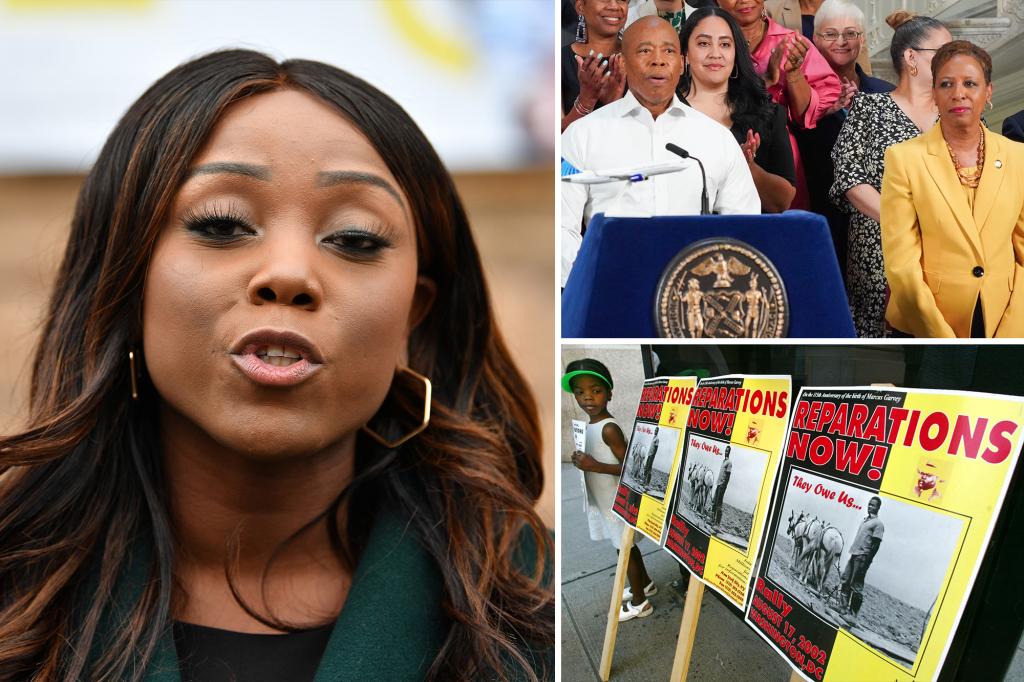The City of New York passed a controversial bill to create a reparations task force, potentially leading to the expenditure of billions in taxpayer money. The bill was passed with a 41-8 vote, with Farah Louis as its sponsor, stating that it was a significant step towards rectifying historical injustices. However, some lawmakers, such as David Carr, opposed the bill, arguing that current taxpayers should not have to pay for the sins of past generations, especially since many New Yorkers are descendants of immigrants who arrived after slavery was abolished. Others, like Robert Holden, expressed concerns that the legislation could open a Pandora’s box of historical grievances resulting in endless claims for reparations funded by taxpayers.
The legislation mandates $1.5 million to be allocated for the nine-member task force to examine the impact of slavery and past injustices on African Americans in New York City and determine necessary reparations, whether monetary or nonmonetary. This mirrors similar efforts in San Francisco and California, where reparations task forces have been established. San Francisco proposed lump-sum payments of $5 million to each Black resident, potentially costing $175 billion, while California estimated reparations could cost up to $800 billion. In New York City, the taskforce will have 12 months to make recommendations, during which time they will hold public hearings and receive administrative support from a designated city agency.
The reparations task force in New York City aims to address the enduring impacts of slavery and racial injustice on African Americans, considering potential reparations to rectify past wrongs. If the task force recommends significant payouts, as seen in other areas like California and San Francisco, it could lead to substantial financial implications for taxpayers. The bill’s passage is part of a broader effort to address racial injustice and historical grievances, with proponents of reparations arguing that such measures are necessary to achieve justice, equality, and equity in society.
While some lawmakers believe that the idea of taxpayer-funded reparations is unfair, attributing no responsibility to current residents for the sins of the past, supporters argue that it is a matter of morality and justice to rectify the injustices that have plagued society for centuries. With the establishment of the task force, New York City joins other municipalities in considering reparations as a way to address historical wrongs and promote racial equity, although the financial implications of such initiatives remain a topic of debate. As the task force begins its work, it will be essential to weigh the potential benefits of reparations against the costs and challenges of implementing such measures in a complex and diverse city like New York.














